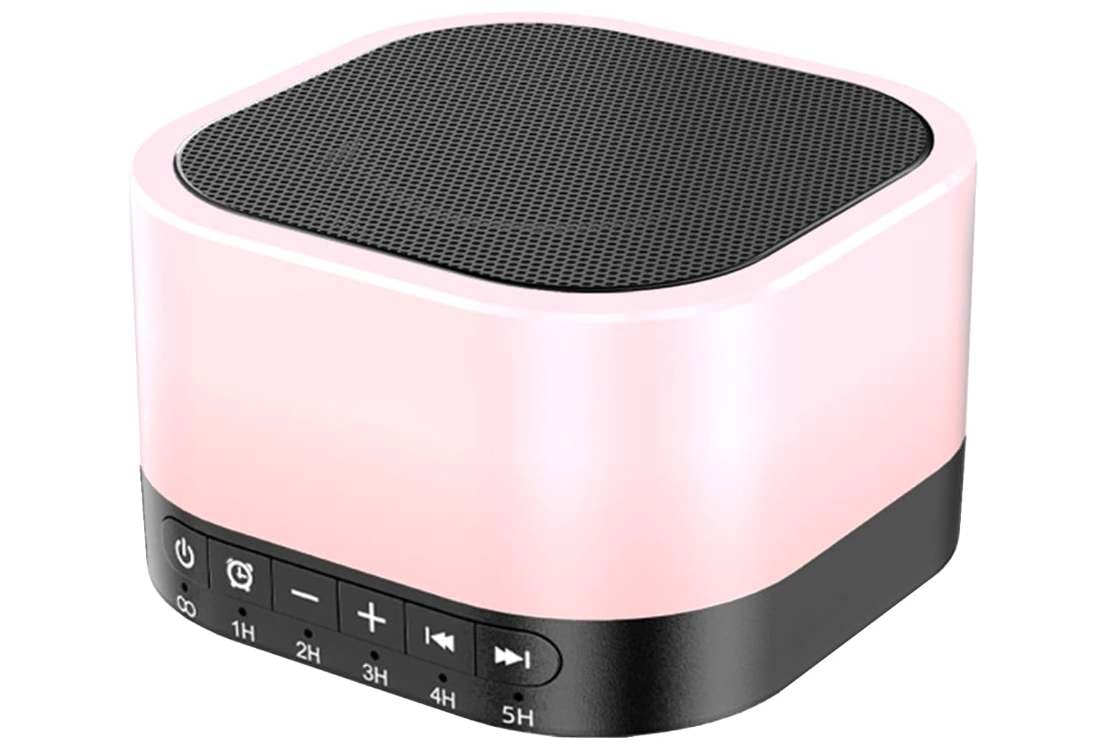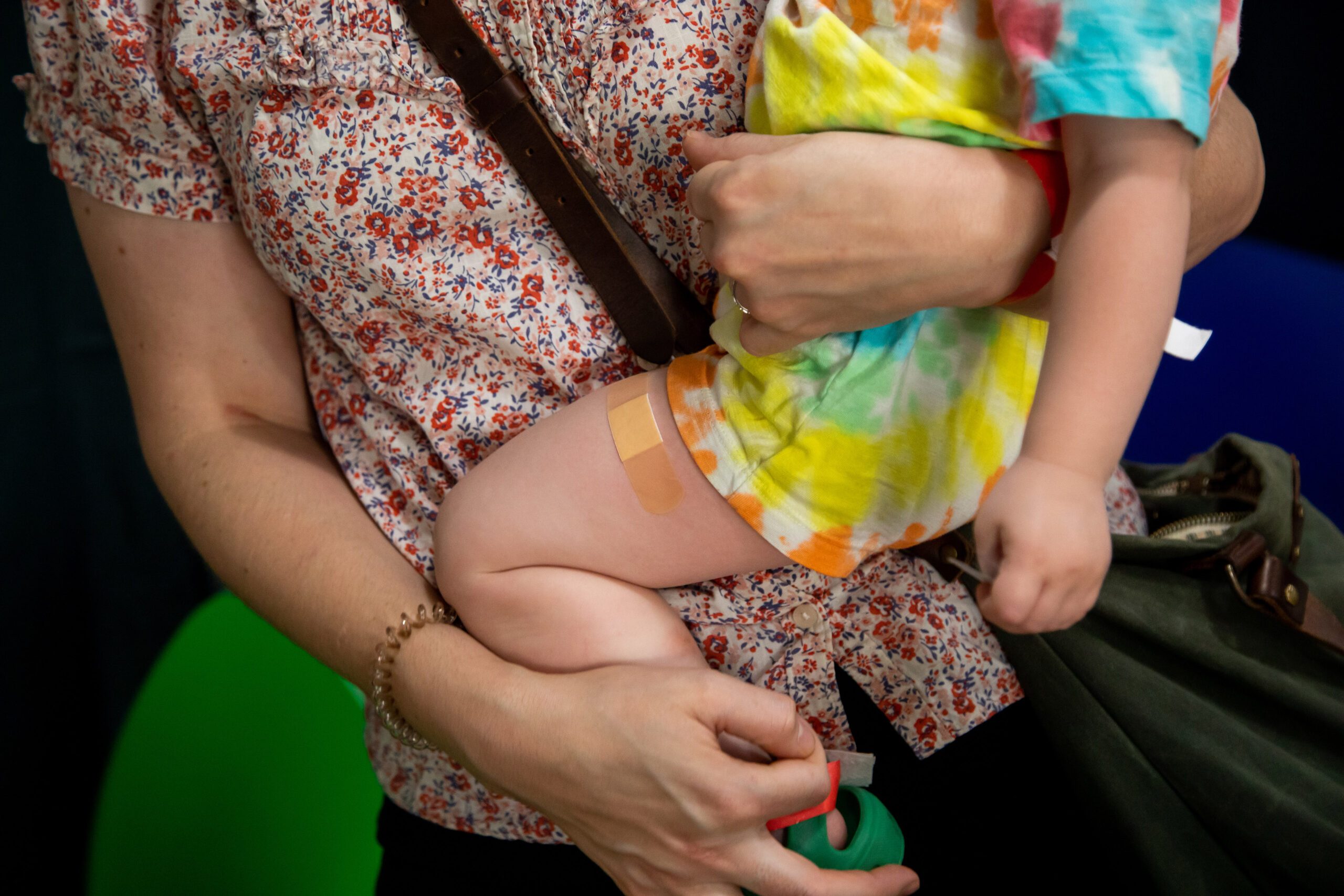By Mehreen Zaman
Does being a patient make you an expert on your condition? According to the Canadian Institutes of Health Research (CIHR), the short answer is “yes.” However, before we take the word of the country’s largest health-research funder, let’s dive deeper into this trending topic.
I recently came across a piece in Healthy Debate by Frank Gavin entitled “The Risk of Equating ‘Lived Experience’ with Patient Expertise,” and started questioning my knowledge as a caregiver related to my child’s condition.
Like many other parents of children with life-threatening food allergies, I have gained an intricate knowledge of what works and what doesn’t, something multiple health-care providers could not equip me with. Food allergy tests, for example, are not foolproof. Clinicians rely on parents to track symptoms and triggers to obtain an accurate diagnosis that would otherwise elude them. Should I then not consider myself an expert after diagnosing and managing my child’s complex health problem for years?
Other questions that arose following my perusal of Gavin’s viewpoint, in which he advocated for restraint in awarding patients expert status, and Francine Buchanan’s response, in which she asserted her expertise as a caregiver following her management of a health condition as a mother, included:
How do you define a health-care expert?
What does it take to be an expert?
Does the rigor of formal education and the acquisition of credentials to comprehend a disease outweigh the rigor of experiencing life with the disease?
Ultimately, what is gained or withheld by bestowing patient-expert status?
The need for clarity in commonly used health-care terminology is long overdue. A shared understanding of certain terms can greatly enhance the effectiveness of discussions and lead to more meaningful outcomes. Take, for instance, the term “patient,” which brings up several thought-provoking questions:
Who qualifies as a patient?
Does anyone experiencing any form of distress automatically fall under the category of a patient?
Should a woman giving birth in a hospital be classified as a patient, or is she simply a woman in the natural process of giving birth?
Do individuals in the advanced stages of life, grappling with the natural challenges of aging, qualify as patients, or is it only when they become eligible for palliative care or other end-of-life services that they assume this designation?
These inquiries bring to mind Gavin’s initial article in which he asks: must we always identify as patients? Whether we view it as fortunate or unfortunate, this is how medicine has unfolded over the past few decades. I learnt this while crafting my PhD thesis in which I gathered evidence to de-medicalize end-of-life care. In this journey, I came across Anne Kelleher’s book, Social History of Dying, that provides a commendable exploration of this subject.
The book outlines how the experience of dying has transitioned from one that took place within communities, surrounded by family, friends and neighbours, to one that is increasingly managed by teams of health-care professionals in more private settings. With a growing number of deaths occurring in hospitals in developed countries, many individuals indeed experience their final stage of life, the most natural and inevitable life experience there can be, within health-care facilities, thus being categorized as patients.
This scenario parallels various other health-related circumstances. As economies progress and evolve, individuals gain improved access to health care that is delivered through a multitude of institutions. This expansion leads to the emergence of new roles and caregiving models. Consequently, the responsibility for managing basic health and well-being shifts from individuals and families to one that is shared with health-care providers.
While a cadre of health-care experts oversee the delivery of care and services, the ultimate recipient, often referred to as the “patient,” grapples with establishing his or her own identity within the complex array of resources offered by the health-care system. Unfortunately, patients frequently find themselves in the position of bystanders to their own treatment and journey, being referred from one “expert” to another.
Patients possess a unique expertise born out of their first-hand experiences in managing their conditions.
After a long journey of diagnoses, some accurate and some misleading, the patients eventually find themselves as the only individuals deeply invested in their own well-being. They unravel the intricacies of their health management, whether it involves clinical treatments, navigating societal interactions or simply handling day-to-day impediments caused by their deteriorating health. Over time, they become proficient in various aspects of their conditions, gaining a comprehensive understanding of the interconnected complexities that extend beyond the clinical or physiological aspects that clinicians may be confined to. This expertise empowers them to strive for the optimal health outcome – the goal of every health-care system for a patient.
Patients possess a unique expertise born out of their first-hand experiences in managing their conditions. Moreover, in today’s interconnected world, they can connect with thousands of others who share similar experiences through social media platforms. As individuals navigate these systems, they come to the realization that they are not alone in feeling like bystanders in their own health management.
A growing number of patients are essentially advocating for an equal say in their health-related decision-making by seeking recognition as experts. While clinicians are adept in understanding diseases, their grasp of navigating the system for optimal health outcomes often falls short. On average, clinicians allocate only 10 -20 minutes per patient. How can they gain a deep understanding of individuals’ multifaceted health struggles? In my view, clinicians’ expertise, essential for achieving the best outcome but often requiring knowledge of day-to-day struggles rather than just treatment information, likely cannot match that of those living with the disease.
As a health-care researcher and a caregiver, being the mother of a minor with complex needs, I can’t help but commend the CIHR for recognizing patients as experts. Over the years, I’ve connected with many others who have encountered conflicting approaches regarding diagnosis and treatment from clinicians, making their expertise seem questionable.
Undoubtedly, those with professional designations have undergone rigorous evaluation and merit acknowledgment. However, it’s important to consider the scope of their training and evaluation. In fact, it would be reasonable to argue that their training is due for an update. A revised curriculum should recognize the limitations of their knowledge. Medical professionals seldom have to navigate health care for anything beyond their prescribed scope of training, evaluation and testing. Their ability to bring together the various components of a health-care system to achieve optimal patient outcomes has not been thoroughly assessed. It’s one thing to provide a diagnosis, referral or prescription, and quite another to be deeply invested in the outcome.
![]()
—
Previously Published on healthydebate.ca with Creative Commons License
***
You Might Also Like These From The Good Men Project
 Compliments Men Want to Hear More Often
Compliments Men Want to Hear More Often  Relationships Aren’t Easy, But They’re Worth It
Relationships Aren’t Easy, But They’re Worth It  The One Thing Men Want More Than Sex
The One Thing Men Want More Than Sex  ..A Man’s Kiss Tells You Everything
..A Man’s Kiss Tells You Everything Join The Good Men Project as a Premium Member today.
All Premium Members get to view The Good Men Project with NO ADS. A $50 annual membership gives you an all access pass. You can be a part of every call, group, class and community. A $25 annual membership gives you access to one class, one Social Interest group and our online communities. A $12 annual membership gives you access to our Friday calls with the publisher, our online community. Need more info? A complete list of benefits is here.
—
Photo credit: iStock
The post Yes, Patients and Caregivers Are Experts appeared first on The Good Men Project.
Original Article










